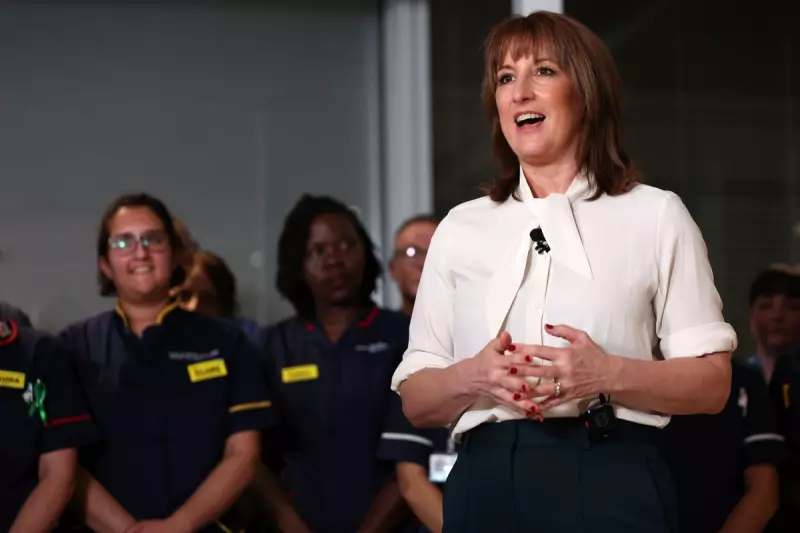
Economists have issued stark warnings that the Chancellor's latest Budget merely "papers over the cracks" in the UK economy, as official forecasts revealed downgraded growth projections for the coming years alongside worsening short-term inflation and unemployment outlooks.
Economic Forecasts Take a Hit
The Office for Budget Responsibility delivered a mixed assessment on Wednesday, upgrading its growth forecast for 2025 to 1.5% from the previous 1% prediction made in March. However, the independent fiscal watchdog significantly downgraded its expectations for subsequent years, painting a concerning picture for the UK's medium-term economic prospects.
The revised projections show growth slowing to 1.4% next year, down from the previously anticipated 1.9%. Further downgrades follow in 2027 (from 1.8% to 1.5%), 2028 (from 1.7% to 1.5%), and 2029 (from 1.8% to 1.5%).
Tax Burden Reaches Record Levels
Budget documents revealed that the government's measures will raise taxes by £26 billion by 2029/30, primarily through freezing personal tax thresholds and several smaller measures. This policy approach will push the UK's tax-to-GDP ratio to record levels, projected to reach 38.3% of GDP by 2030/31.
The threshold freezes alone will have significant consequences for taxpayers, creating an additional 780,000 basic-rate taxpayers, 920,000 higher-rate taxpayers, and 4,000 additional-rate income tax payers by 2029/30. This stealth tax raid is expected to generate approximately £8 billion for the Treasury.
Economists Voice Serious Concerns
Andrew Goodwin of Oxford Economics delivered a blunt assessment, stating the Budget "papers over the cracks but can't hide the fiscal risks." He warned that "markets will gradually lose faith, and the risk of a sudden confidence crisis remains live," noting that the OBR's growth forecast aligns with the most optimistic independent predictions.
Economists at Pantheon Macroeconomics echoed these concerns, describing the fiscal outlook as "perilous." They expressed doubt that some fiscal savings would materialise and highlighted the government's potential lack of political power to implement necessary stabilisation measures, with defence spending likely to create additional pressure on public finances.
Inflation and Policy Impacts
The OBR also revised its inflation forecasts upwards, now expecting 3.5% inflation for this year compared to the previous 3.2% projection. Next year's inflation outlook increased to 2.5% from 2.1%, though the forecaster still anticipates a return to the 2% target by 2027.
Budget policies are expected to reduce inflation by 0.4 percentage points next year, partly through the rail fare freeze and temporary extension of the fuel duty freeze. However, these measures will contribute to a 0.1 percentage point increase in inflation during the following two years as the fuel duty freeze ends and new electric vehicle charges take effect.
The Budget day was marred by a technical error that saw the OBR's economic outlook document published prematurely, causing temporary volatility in gilt yields before the Chancellor's official parliamentary address.





